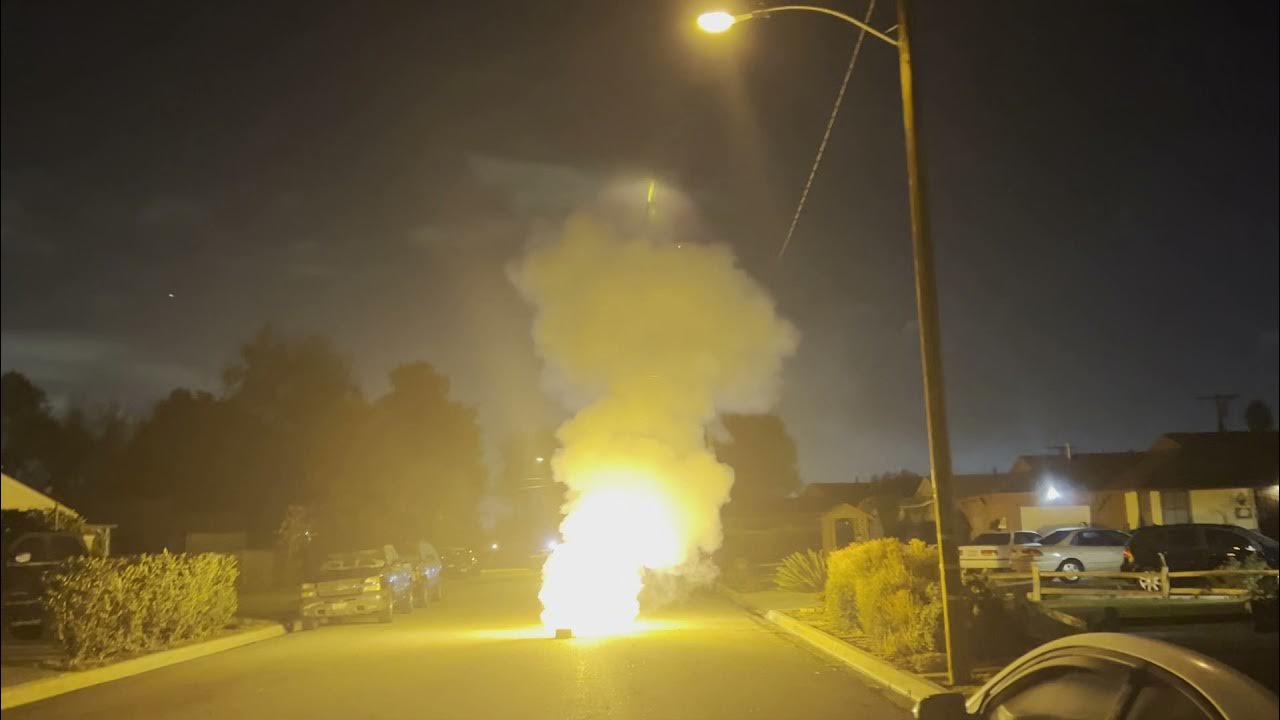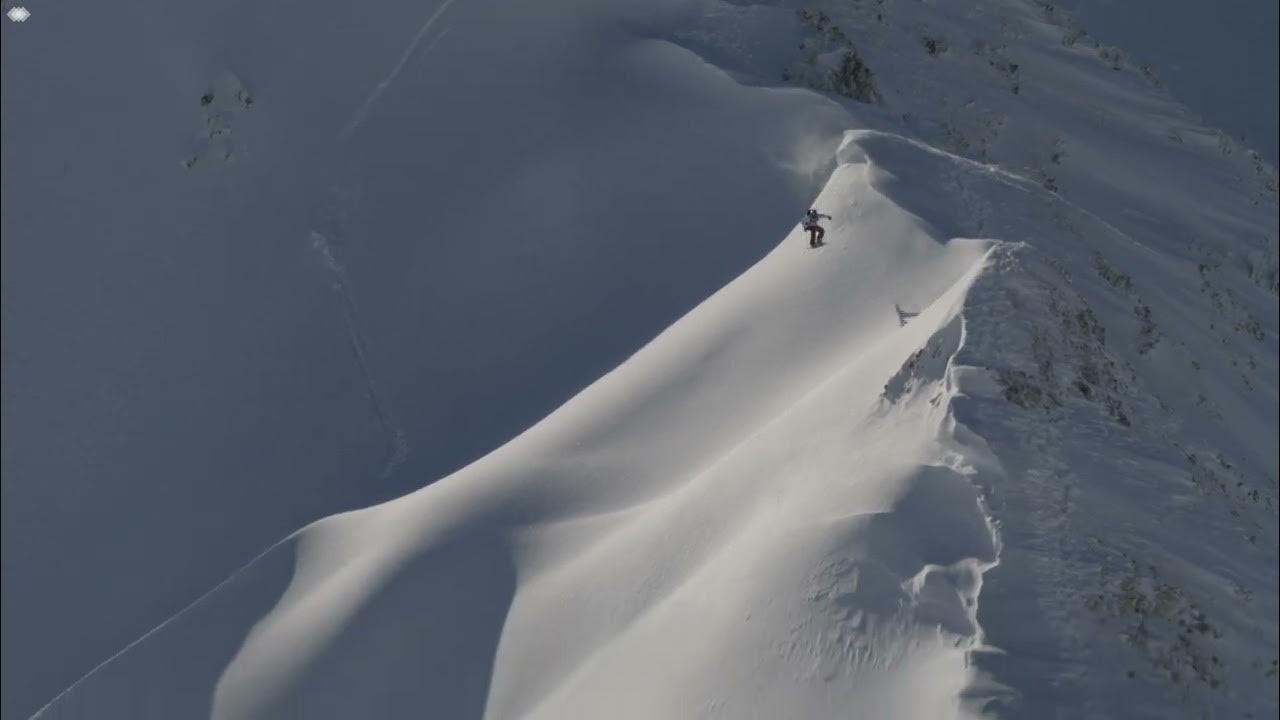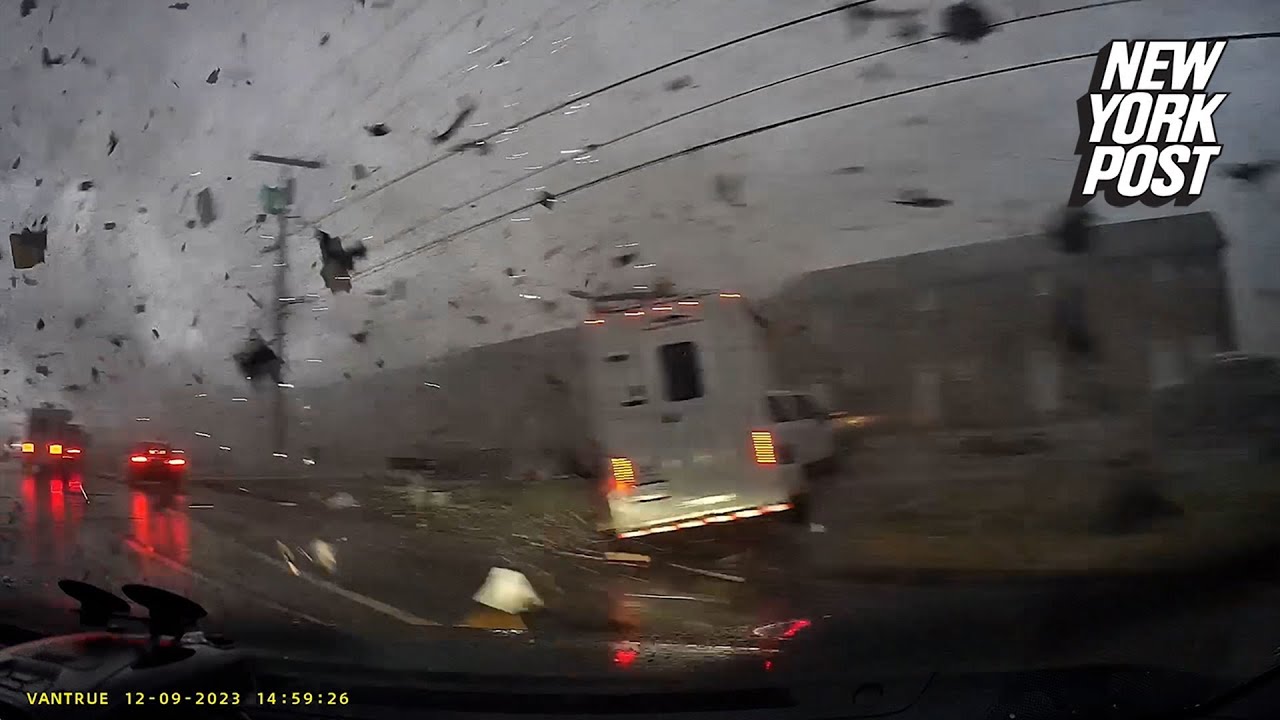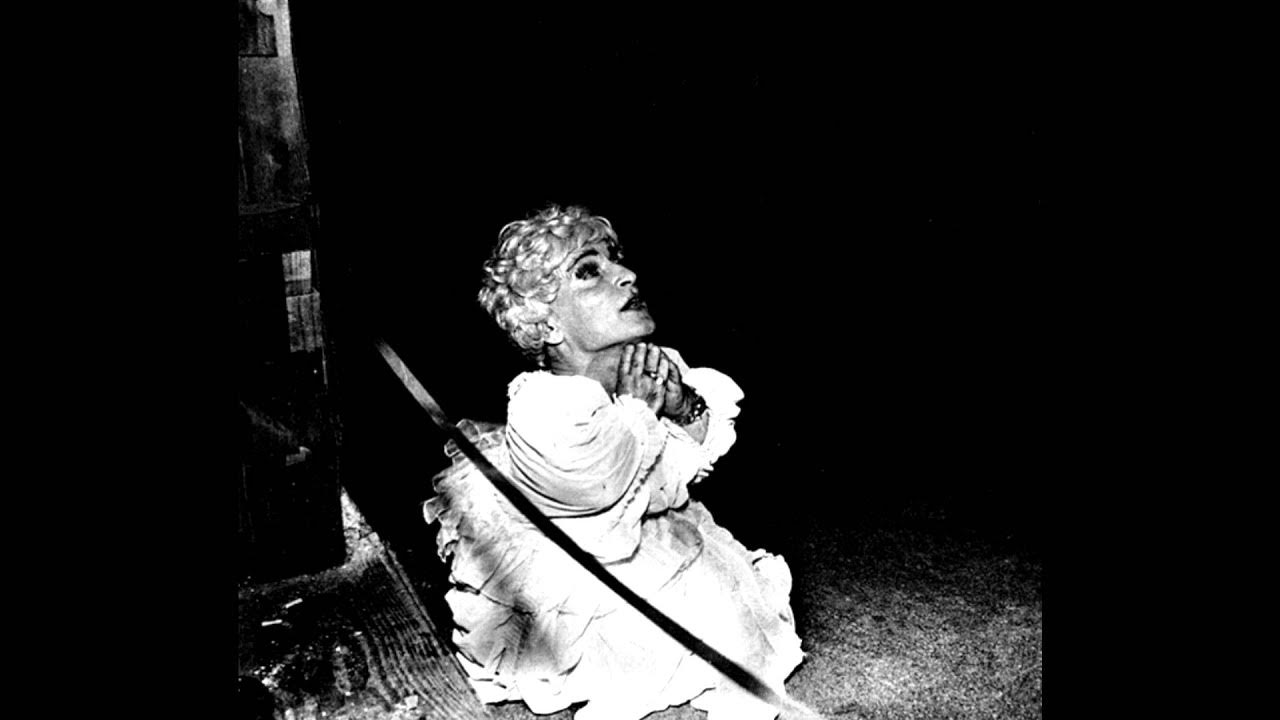I blocked hex just days after finding out about lemmy and registering. Some super crazy shit going on there.
Absolutely. Bar none. Here's my config for downloading best quality YT videos (but works for other sites too) if anyone wants to base theirs on it: https://pastebin.com/ba9sFURT
Not even Signal?
Yeah, could be worth a shot!
Damn, those are pretty damn good!
I just wish many of the multiplayer games I play worked on Linux (invasive anti-cheat).
LMFAO
Whatever you say. I hate it when people get offended by the most irrelevant things, and the word "soyflake" seems perfect for those kinds of people. My invention btw - it's a combo of soy and snowflake that just came to me as I was writing the above comment. Also, I don't really like Trump. But I also don't like Harris even more. Trump is also friendlier to crypto. Harris leans way too much into Marxist ideas for my taste and also I hate wars and the deep state (which is more related to the left than the right). But don't get me wrong, I also hate hyper-religious MAGA low-IQ hillbillys. I REALLY, REALLY like Elon tho. And I like how he is fighting the obvious left-wing bias we have in cyberspace. I'm a neurospicy guy with spicy multidimensional beliefs. Hate me, but that's how I am, at least for the moment. I'm fairly fluid when it comes to my beliefs. I'm for example pretty deep into a conspiracy arc atm, but that might change.
If anyone is offended by this CS term - you are a certified soyflake.
Brave will continue to support manifest V2.
Proton is so based ngl like fr fr
I always thought they are just getting the training data for AI using these.
thats fucked
I've actually had plans to try RLCraft for years now, but never got around to it. This makes me wanna give it a shot.
I just made up a new post format I believe could be useful. [WDYP] X
A post where people ask others why they still play a certain game X. This could help people gain ideas and new perspectives on the game they used to play but stopped because they got bored/lost interest in it or got dragged into another game that offered a more exciting reason to play it instead. OP can add reasons why they may still play the game or they could ask what makes others still come back to it.
I'll start. Why do you still play MINECRAFT? What are your goals within the game? What drives you to spend your time in this game's world? How do you play it?
What makes me return to Minecraft every once in a while is a small server that is very close to vanilla Minecraft (semi-anarchy) and if you die you get banned for 24h (semi-hardcore). You can play here similar to how you would play in your own single-player world but with the added threat of someone stumbling upon your base, as well as you potentially finding someone else's base. The server has a small player-run economy. I can log into this server and just mindlessly mine for diamonds when I'm tired and need some brain time off or fly around the map hunting for bases or player-left artifacts, building automatic farms, or simply cutting trees to sell to others. I don't play it every day, but this server always makes me boot Minecraft and stop by every couple of weeks or so.
If you play Minecraft, what makes you keep coming back to it?
Looks great. I wonder if it will support high bitrate tho.
Smart.
Who said I'm a conservative lmao!!!!
Thinking Biden actually decides shit and is not just a puppet is legit a schizo delusion.
The one who is borderline demented, reversed course on crypto (and probably a CBDC fan), the one printing and gifting money to other countries, the one who is a puppet that was nominated instead of Kamala just cause she is a woman and had a lower chance to win, the one who just does what his lil circle tells him to do, etc. The CIA is the one who decides shit anyways.
Permanently Deleted
I came up with an algorithm and implemented it in Rust. I want to ensure the code is of sufficient quality before releasing it on Crates.io and GitHub. You can also find more info about the algorithm and its purpose there.
I'm eager to hear your feedback and thoughts and am open to ANY suggestions that may help me improve the code further. The code should be performant, clean, easy to use, idiomatic, etc. I'm also looking for potentially better names for certain variables and stuff.
Note that some things have changed a bit since the last release (for example - the hash calculation has been changed from blake3(blake3(OBJECT) || blake3(DATE)) to blake3::keyed_hash(DATE, OBJECT) to improve performance by eliminating 2 out of 3 hash calculations), but the README is still valid (and hopefully at least somewhat decent source of info about the algorithm - I did my best trying to explain stuff, but I'm still looking to improve it further in the future).
The functions can panic if they are given a date where the year is outside of the 0000 to 9999 range. I'm not sure if I should make the function return the result/option instead of panicking since I'd like to avoid having to unwrap() the output and would prefer if the function returned just a simple u32/chrono::NaiveTime (but I'm open to changing my mind on this one).
I'm also curious if there is a cleaner way to create a key from a date. Previously, I've been using format("%Y-%m-%d") to convert it into a string slice and copy it into the key array, but I've found that approach to be very slow (over 50% of the CPU time was being spent just for that alone), so I opted out for an approach you can see below.
The newest function rdvt() is not yet documented anywhere, but I'll do my best to explain it here: In addition to an object and a date (same as rdv()), it also takes a rank (which is a positive integer - u32). The function calculates the keyed blake3 hash of an object, using the date and a rank as key, and uses the resulting (pseudorandom) bits to generate and return a random uniform time (chrono::NaiveTime) between 0h and 24h (down to nanosecond precision). Time is calculated by taking the first bit of the hash and in case it's a binary one - 12h is added to the time, then we add 6h if the 2nd bit of the hash is a one, 3h for the 3rd bit, 1.5h for 4th and so on until the increment reaches the small enough value where it doesn't contribute anything to the time (when it becomes less than 1ns, essentially). This means if all of the bits in the hash were zeros - time would be zero, and if they were all ones - time would be 23:59:59:999:999:999h (the very last and highest possible value). The code short-circuits and stops earlier than going through all 256 bits since we usually only need around 46 bits before the increment becomes smaller than 1ns (the code stops only in case the sum of tiny sub 1ns increments can't contribute enough to change the last digit in the total time (even if all of the rest of the bits in the hash were to be ones))):
Feel free to ask ANY questions regarding the code, the algorithm, its function, use cases, or anything else you'd like explained or clarified.
Here's the code (I haven't written any tests yet, so they are not included for review):
rust //! The official Rust implementation of the [RANDEVU](https://github.com/TypicalHog/randevu) algorithm //! //! # Example //! rust
//! use chrono::Utc;
//! use randevu::{rdv, rdvt};
//!
//! fn main() {
//! let object = "THE_SIMPSONS";
//! let date = Utc::now();
//! let rdv = rdv(object, &date);
//! let rdvt = rdvt(0, object, &date);
//!
//! println!("Object {} has RDV{} today with RDVT0 at {:?}", object, rdv, rdvt);
//! }
//! ```
use blake3; use chrono::{DateTime, Datelike, NaiveTime, TimeDelta, Utc}; use itoa;
/// Returns the 32-byte KEY [u8; 32] created from a given DATE &DateTime<Utc> and an optional RANK Option<u32>
fn create_key(date: &DateTime<Utc>, rank: Option<u32>) -> [u8; 32] {
let mut key = [0u8; 32];
let mut year = Datelike::year(date); let mut month = Datelike::month(date); let mut day = Datelike::day(date);
let mut year_len = 4; let mut prefix_len = 0;
// Add a prefix (-/+) if the year is not between 0 and 9999 (-YYYY-MM-DD / +YYYY-MM-DD) if year < 0 { key[0] = b'-'; prefix_len = 1;
year = year.abs(); // Make year positive } else if year > 9999 { key[0] = b'+'; prefix_len = 1; }
// Adjust year_len for very large years (both positive and negative) if year > 9999 { year_len += 1; if year > 99999 { year_len += 1; } }
let full_year_len = prefix_len + year_len;
// If a rank is provided, write it into the key after the date, separated by an '_' if rank != None { let mut buffer = itoa::Buffer::new(); let rank_str = buffer.format(rank.unwrap()); key[7 + full_year_len..7 + full_year_len + rank_str.len()] .copy_from_slice(&rank_str.as_bytes()[..rank_str.len()]);
key[6 + full_year_len] = b'_'; }
// Write the day into the key key[5 + full_year_len] = b'0' + (day % 10) as u8; day /= 10; key[4 + full_year_len] = b'0' + day as u8;
key[3 + full_year_len] = b'-';
// Write the month into the key key[2 + full_year_len] = b'0' + (month % 10) as u8; month /= 10; key[1 + full_year_len] = b'0' + month as u8;
key[full_year_len] = b'-';
// Write the year into the key for i in (prefix_len..full_year_len).rev() { key[i] = b'0' + (year % 10) as u8; year /= 10; }
key }
/// Returns the RDV value u32 for an OBJECT &str on a specific DATE &DateTime<Utc>
///
/// RDV = number of leading zero bits in blake3::keyed_hash(key: DATE, data: OBJECT)
pub fn rdv(object: &str, date: &DateTime<Utc>) -> u32 {
let hash = blake3::keyed_hash(&create_key(date, None), object.as_bytes());
// Count the number of leading zero bits in the hash let mut rdv = 0; for &byte in hash.as_bytes() { rdv += byte.leading_zeros();
if byte != 0 { break; } }
rdv }
/// Returns the RDVT time DateTime<Utc> of a given RANK u32 for an OBJECT &str on a specific DATE &DateTime<Utc>
pub fn rdvt(rank: u32, object: &str, date: &DateTime<Utc>) -> DateTime<Utc> {
let hash = blake3::keyed_hash(&create_key(date, Some(rank)), object.as_bytes());
// Calculate the time using bits from the hash let mut total: f64 = 0.0; let mut increment = 12.0 * 60.0 * 60.0 * 1_000_000_000.0; // 12h in nanoseconds for (i, byte) in hash.as_bytes().iter().enumerate() { for j in (0..8).rev() { let bit = (byte >> j) & 1; if bit == 1 { total += increment; } increment /= 2.0; } // Stop once increments become too small to affect the total if i > 4 && (2.0 * increment) < (1.0 - total.fract()) { break; } }
// Construct the RDVT time from total let rdvt = date.with_time(NaiveTime::MIN).unwrap() + TimeDelta::nanoseconds(total as i64);
rdvt }
```

YouTube Video
Click to view this content.

YouTube Video
Click to view this content.

YouTube Video
Click to view this content.

YouTube Video
Click to view this content.

YouTube Video
Click to view this content.

YouTube Video
Click to view this content.

YouTube Video
Click to view this content.

YouTube Video
Click to view this content.

YouTube Video
Click to view this content.
cross-posted from: https://lemm.ee/post/22957810
>Ok, so, I crossposted the documentary “Four Horsemen 2012” to !documentaries@slrpnk.net and it got removed for not being “a solarpunk themed documentary” - all good, it was my mistake I didn’t check it’s a community for documentaries with a specific there/topic.
>Then, I wake up to the message from the SAME PERSON (Five@slrpnk.net) removing the same documentary from !Documentaries@lemmy.world which I assume is a GENERAL PURPOSE instance for documentaries about all topics. Their reason was: “I’m going to remove this documentary out of solidarity for Ukraine” even tho the documentary had NOTHING to do with Ukraine and doesn’t even mention it ONCE! I’m super confused. The rules for this community don’t even say anything about certain documentaries being allowed or not. What is happening? Ideological censorship?
What if the universe is simulated and special relativity is caused by the drop/lower FPS/TPS in regions with high amounts of mass/energy (perhaps to save on computation)?
You know how the time passes more slowly near a block hole? What if that's because the universe is updating/processing stuff slower in such regions compared to the emptier areas?
Let's imagine a universe has a framerate. What if that framerate drops significantly near the event horizon? For example, for each update/tick/frame there, many thousands or millions of frames happen in the rest of the universe. If you were near a black hole, you would still feel like the framerate is normal and it would seem like the rest of the universe is running at a much much faster framerate and stuff there would be happening super fast from your perspective.
Maybe the framerate drops so so so much near the singularity/event horizon that stuff that falls in stays still essentially from the perspective of the rest of the universe since framerate there asymptotically approaches zero and the whole thing grinds to a halt AKA the stuff never really reaches the singularity since it not getting updated/processed anymore (I mean, it is, but so rarely it would take a like an infinite amount of time for it to reach it).
This is obviously just my fun lil speculation that's probably wrong, but what do you guys think? Does it make sense and if it doesn't, why not?

YouTube Video
Click to view this content.

YouTube Video
Click to view this content.

YouTube Video
Click to view this content.

YouTube Video
Click to view this content.